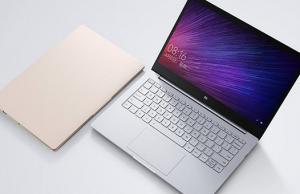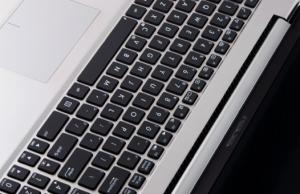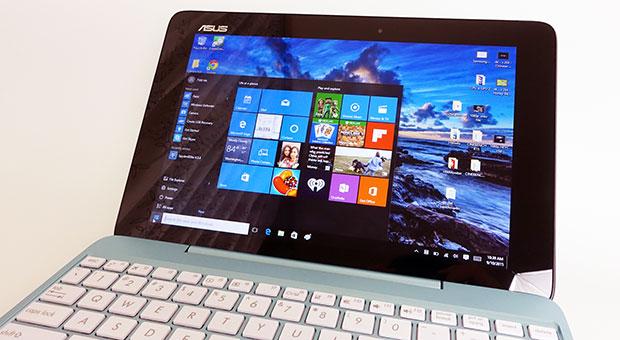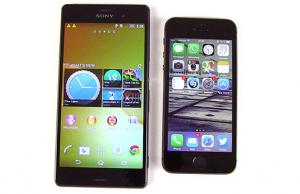In essence, an ultrabook is the next logical step in portable computer evolution. It’s slimmer and lighter than traditional laptops, but being able to deliver the same experience as a normal laptop or even a full fledged desktop computer.
Intel rushed to hail the ultrabook as the next ruler of the computer world- laptops, netbooks and tablets combined won’t be able to stop the rise of the 0.8 inch thin machine by 2013.
Even so, laptops are still out in force out there and are chosen by many users especially for work related tasks, but also top notch, hard core gaming (see the Alienware series).
Next, let’s have a look at these two types of computers and see if laptops still have a fighting chance.
It’s all about Intel
The chip giant created the ultrabook category and indeed all of the entries we have until now, from Lenovo, HP, Acer, Toshiba and Asus, run on second generation Sandy Bridge processors. These processors are clearly better than those on netbooks and better than ARM chips you have on tablets.
Laptops, on the other hand, pack the best processors currently available, and most of the time have the full voltage versions. A laptop can deliver better raw performance than an ultrabook, not to mention that sometimes laptops come with dedicated video cards.
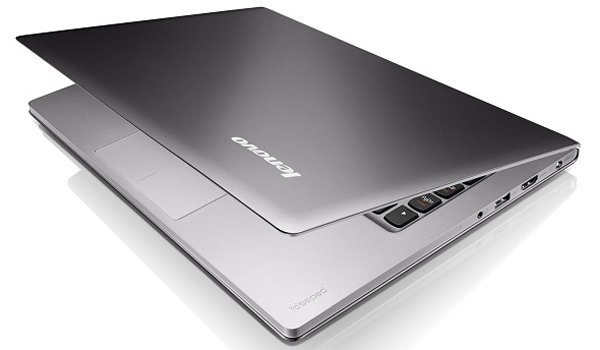
Lenovo's IdeaPad U300s is slimmer and lighter than a laptop- but that's about it.
While video cards on laptops can’t really compare to those on desktops computers, they’re still good enough for smooth gaming, 1080p flawless playback and professional level video editing. Something an ultrabook, relying only on Intel’s HD 3000 integrated graphics, can’t really achieve.
But the ultrabook has one major advantage- size. According to Intel’s rule of thumb, a computer qualifies as an ultrabook if it’s under 0.8 inches thin and about 1.5 kg heavy. Most conventional laptops are much thicker and many times heavier, making them more difficult to move around.
We all know it’s a drag to carry a 17 inch, 5 kg behemoth in a back pack across town and we all dreamed about the day when we’ll be able to have a computer with us that almost feels like it’s not there. Well, the ultrabook is just that.
The ultrabook packs a better battery than most laptops, at least on paper. Ultrabooks should last for an entire day on a charge- that’s about 6 to 8 hours (some say 10) of work, while laptops rarely go over 3-5 hours.
Ultrabooks are closer to tablets when it comes to autonomy, while laptops (after a while) become desktop computer almost- if you unplug them, they stop working.
We’re going to finish this on a high note, talking about money. The cheapest ultrabook, namely the Toshiba Portege, starts at 800 bucks, while the most expensive can cost as much as $1200-1300.
With that kind of money, you can buy the best available mainstream laptop and even have a go at an Alienware laptop, which can withstand heavy gaming. Pricing is a major issue when shopping for a computer and I can still see many users preferring the bulk in order to save the buck.

